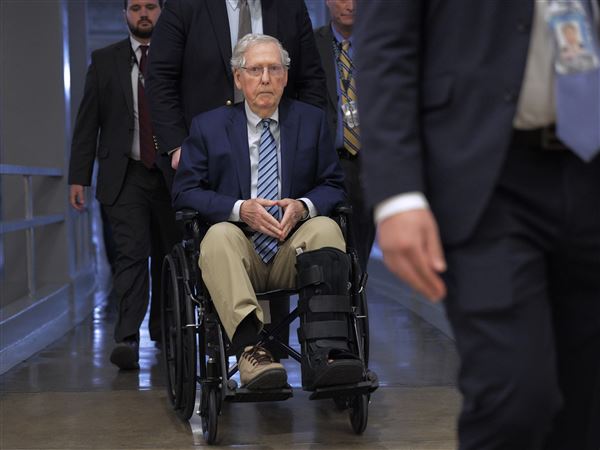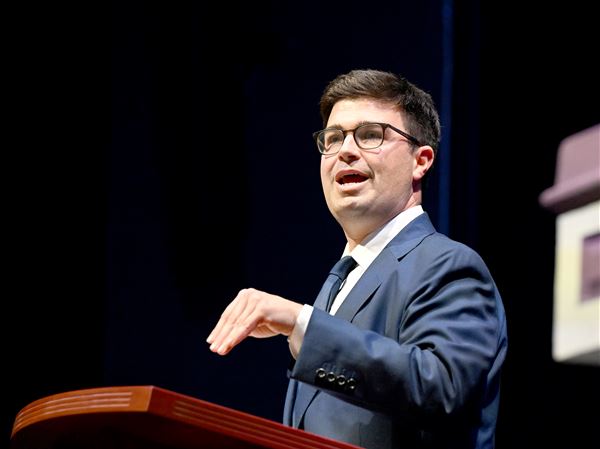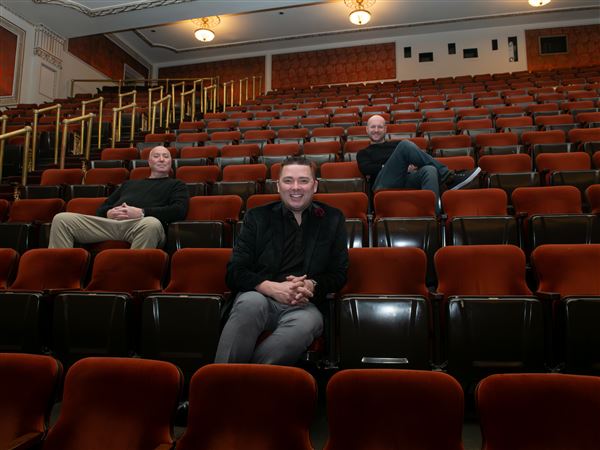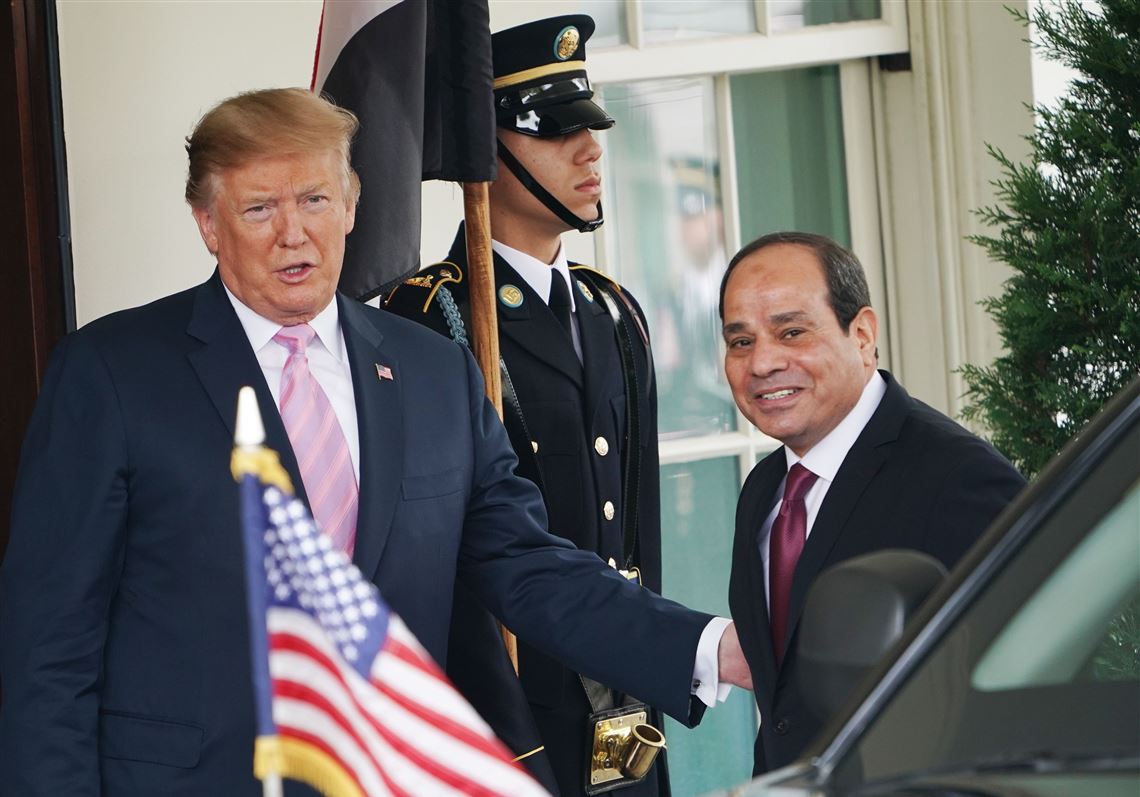WASHINGTON — President Donald Trump welcomed Egypt’s president, Abdel-Fattah el-Sissi, to the White House on Tuesday, and bestowed on his ally what he most eagerly sought: a ringing endorsement of his strongman rule.
Mr. el-Sissi, 64, a former general who took power in a military coup in 2013, is seeking to amend the Egyptian Constitution to allow him to run for two more six-year terms, which would keep him in power until 2034.
When Mr. Trump was asked about the amendments, he professed not to know anything about them, but declared: “I can just tell you he’s doing a great job. Great president.”
Mr. el-Sissi’s visit came on the same day that another key ally of Mr. Trump’s in the Middle East, Prime Minister Benjamin Netanyahu of Israel, was facing voters in a tight election. In the weeks leading up to that vote, the president tried to shore up Mr. Netanyahu’s fortunes with a series of gestures, chief among them U.S. recognition of Israel’s sovereignty over the Golan Heights.
It also came as Mr. Trump called a third ally, Crown Prince Mohammed bin Salman of Saudi Arabia, who has been under a cloud since reports that he ordered the killing in October of a Saudi dissident journalist, Jamal Khashoggi.
For Egypt’s leader, Mr. Trump offered only the trappings of an Oval Office welcome, though one with flashing cameras and looming boom mics. Back home, where Mr. el-Sissi has methodically stifled dissent and tightened his grip on power, that could prove more than enough validation.
“The single and only reason for President Sissi to visit the White House right now is to obtain a strong endorsement from President Trump to stay in power,” said Amy Hawthorne, deputy director of research at the Project on Middle East Democracy.
Tripoli’s last civilian airport reopens after militias mobilize against Hifter
A battle for control of the Libyan capital remained deadlocked for a fifth day Tuesday, as the city’s last civilian airport resumed flights after an airstrike and the United Nations canceled a long-planned peace conference scheduled for later this month.
The airport reopened Tuesday after closing the day earlier, following an airstrike there by the forces of an aspiring strongman, Khalifa Hifter. But although it resumed flights, the United Nations mission canceled a conference set to take place in Libya.
The cancellation was almost universally expected since troops under Mr. Hifter on Thursday launched a surprise offensive on the capital, Tripoli.
Ghassan Salame, the U.N.’s special representative for Libya, said in a statement that the body “cannot ask Libyans to attend a conference to the backdrop of artillery shelling and air raids.” He said it was “a painful disappointment to once again hear the drumbeats of war and to witness the launch of an offensive prompting the recurrence of fighting.”
Mr. Salame called the attack “a serious violation of international humanitarian law.”
By Tuesday, a newly formed alliance of local and regional militias had mobilized to stop Mr. Hifter, his forces had lost control of the defunct Tripoli International Airport as they edged back in several places, and fighting was continuing on multiple fronts south of the city.
Wolfram Lacher, a scholar of Libya at the German Institute for International and Security Affairs who is tracking the fighting, said the coalition against Mr. Hifter was “growing stronger and stronger, and coordinating more and more effectively” as nearby cities mobilized dormant militias.
Rival security forces clash in Sudan amid anti-government protests
KAMPALA, Uganda — Rival security forces clashed in Sudan on Tuesday as huge crowds of protesters kept up their vigil outside army headquarters to call for the overthrow of the country’s longtime authoritarian president, Omar Hassan al-Bashir.
Seven people were killed on Tuesday, said Sara Abdelgalil, a spokeswoman for the Sudanese Professionals Association, which is organizing the protests.
The eruption of violence between different armed government forces is a major development in the four-month long protest movement against the president, said Magdi el-Gizouli, a fellow at the Rift Valley Institute, a think tank based in Kenya.
“In a way, it has been turned into an internal dilemma between security forces,” said Mr. el-Gizouli, who is Sudanese.
“The worse-case scenario is that this military security establishment breaks down and they fail to resolve what is now becoming a conflict within,” he added.
The intermittent fighting between different agencies within the country’s security forces raises concerns that Sudan could descend into anarchy. That fear is especially acute now because two neighboring nations — Libya and South Sudan — are convulsed by civil war and chaos.
The protests broke out in December over a surge in the price of bread and quickly escalated into the biggest challenge yet to the three-decade rule of Mr. al-Bashir. He came to power in a military and Islamist-backed coup in 1989 and for much of that time, he has been regarded as a pariah in the West.
Also in the world …
Indian authorities charged a Roman Catholic bishop, Franco Mulakkal, on Tuesday with repeatedly raping a nun in her rural convent, a case that helped make the sexual abuse of nuns a major issue in the church. … China and the European Union agreed Tuesday to strengthen their trade relationship, pledging to work toward making it easier for foreign investors to get access to China, the world’s second biggest economy. … A Japanese F-35 stealth fighter, one of the world's most-advanced warplanes, crashed into the Pacific Ocean while on a training mission Tuesday, Japanese defense officials said. … President Vladimir Putin on Tuesday put forward an ambitious program to secure Russia's foothold in the Arctic, including efforts to build new ports and other infrastructure facilities and expand an icebreaker fleet. … Iran’s leaders united on Tuesday in defense of its Revolutionary Guard Corps after a U.S. decision to designate it as terrorist group, calling the move “a mistake” and warning of potential repercussions in the region. … Former Nissan boss Carlos Ghosn has again professed his innocence amid allegations of financial misconduct in a new video and accused executives at the Japanese carmaker of conspiring to remove him from power. … Algeria's new interim leader, Abdelkader Bensalah, has vowed to quickly put in place an independent body to lay the groundwork for elections within the 90 days of his tenure.
First Published: April 10, 2019, 6:32 a.m.

















